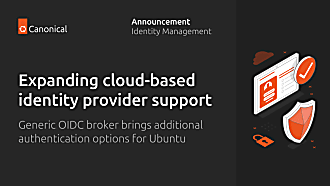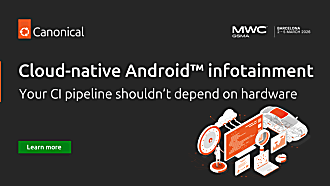Victor Tuson Palau
on 2 July 2013
When it comes to mobile devices, there’s a thin line between differentiation and fragmentation. Differentiation is enabling phone manufacturers and carriers to put their own stamp not just on the outside of the phone but also on the inside. To stand out against the competition in today’s market, manufacturers and carriers must go beyond the phone hardware itself and provide value-added services such as music and video content to the user.
Fragmentation occurs when the software platform fails to provide a supported mechanism to differentiate. Value-added services then have to be highlighted to consumers by creating custom methods. Some examples of how fragmentation impacts today’s mobile phone users are:
- Having to choose from multiple application stores to download an app
- Messaging the same person through multiple apps depending on what service you are using
- Applications that only work on a specific device, and not on others running the same version of the operating system
- Confusion over how to use a new phone with the same operating system as your previous one, because the interface is different.
To avoid this inevitable fragmentation, it is crucial for the platform to design for differentiation from the start. At the core of Ubuntu’s design vision, scopes provide dedicated views to find, organise and show a variety of content types. Whether it’s the user’s contacts, messages, pictures or online videos, dedicated scopes work seamlessly to bring the best possible search results.
The scopes framework is one of the enablers for flexible branding without sacrificing compatibility. Ubuntu provides default scopes such as Home, Apps, Videos and Music. They feature a clean, extensible interface that provides unique opportunities for differentiation:
- Prioritise the order of results
- Use the Apps scope to return results from multiple stores
- Customize the home screen for branded services, including integrated online payment support
- Use Scopes to highlight the carrier’s or manufacturer’s content on the default scopes

Launch fully operator branded on day one
Specify default favourites in searches
Tailor launcher or lenses with critical apps and services
Connecting back end to Ubuntu’s default front end
To learn about how to differentiate with Ubuntu without resulting in fragmentation, get started today with the newly published Scope Tutorial and Scopes Cookbook.
If you are a mobile operator interested in how Ubuntu helps carriers differentiate, learn about the carrier advisory group.



